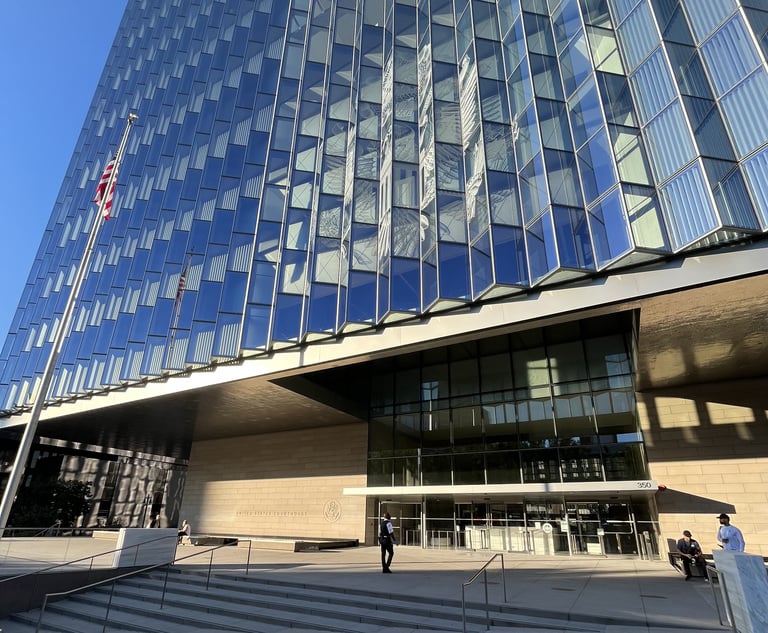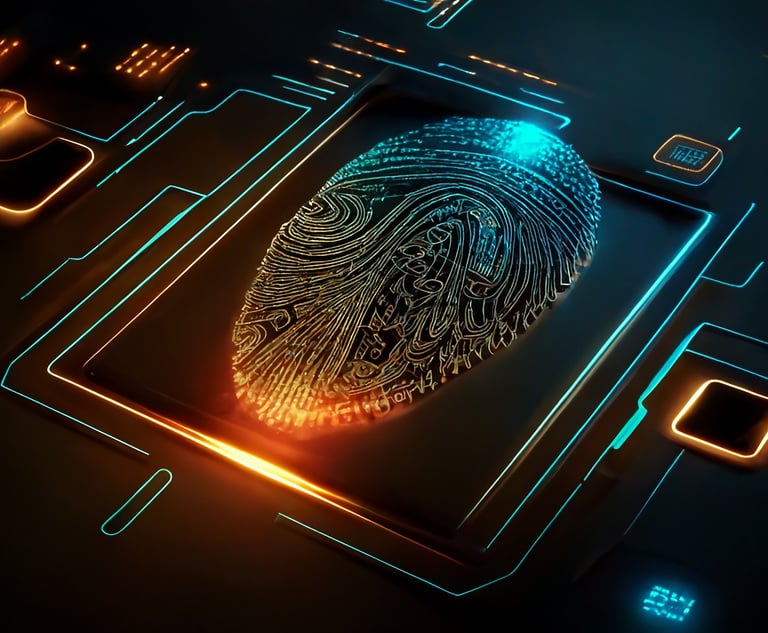From the death of the “inevitable disclosure doctrine” to courts requiring plaintiffs to non-formulaically describe and define the stolen trade secrets, 2023’s noteworthy cases place a lens on emphasizing the basics in trade secret litigation and let the damages follow.
For years, a formidable weapon for plaintiffs in trade secret litigation was the “inevitable disclosure doctrine.” That draconian rule empowered courts to enjoin a former employer from working for a competitor, even if the absence of a covenant not to compete, so long as the plaintiff could show that the former employee had trade secret information in his or her head and was in a position to use that information—even subconsciously—at the new employment. See, e.g., PepsiCo v. Redmond, 54 F.3d 1262, 1269 (7th Cir. 1995). Mercifully, most courts declined to adopt the doctrine, or else severely limited the doctrine’s application. Nucor Corp. v. Bell, No. 2:06-CV-02972-DCN, at *18 (D.S.C. Mar. 14, 2008) (discussing the doctrine’s luke-warm reception among other courts).




